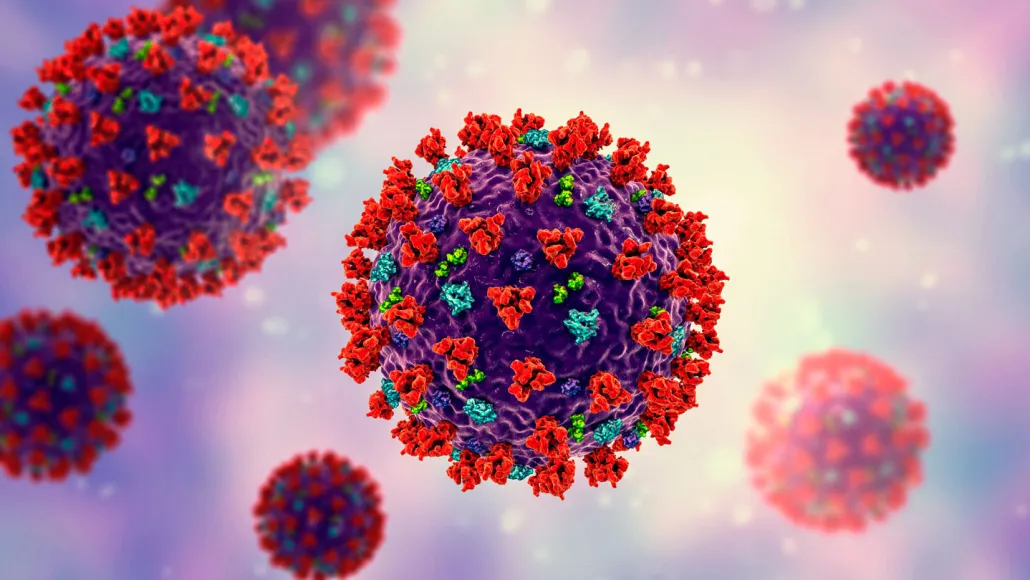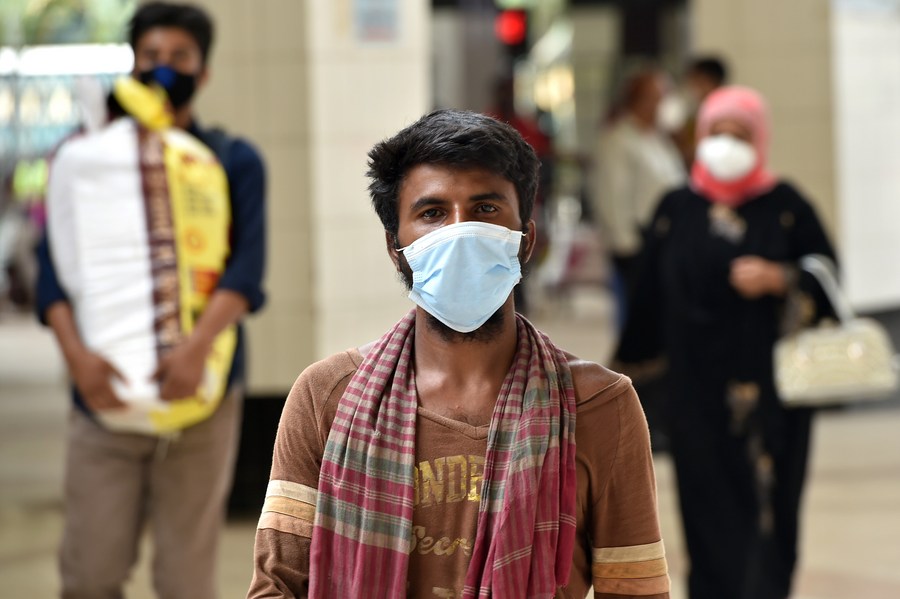Some side effects of Covid-19 vaccines have been reported in some countries as vaccination against the deadly pathogen has begun across the world.
At least 29 people have died in Norway after receiving Pfizer and BioNTech vaccines, 13 suffered a mild facial paralysis in Israel and some people fallen sick in India, international media reported.
Local health experts have cautioned against use of Covid-19 vaccines in Bangladesh to fight the deadly disease.
Under the Covax facility, Bangladesh may get eight lakh Pfizer vaccine, said sources at the health and family welfare ministry.
But, Bangladesh has no immediate plan to import Pfizer vaccine, they added.
The World Health Organisation (WHO) says more than 30 million vaccine doses have already been administered in 47 mostly high-income countries.
But the global vaccine rollout has exposed glaring inequalities in access to this life-saving tool, the WHO added.
Meanwhile, Norway has expressed concern about the safety of Pfizer and BioNTech vaccines for elderly people as 29 elderly people died after receiving the shot.
Norway has given at least one dose to about 42,000 people and focused on those considered most at risk if they contract the virus, including the elderly, as Pfizer vaccine was the only one available in Norway until Friday last.
Most of the people experienced the expected side effects of the vaccine, such as nausea and vomiting, fever, local reactions on the injection site, and worsening of their underlying condition.
The media reports further said at least 13 people suffered mild facial paralysis in Israel as a side-effect post Coronavirus vaccination while the actual number of people suffering such side effects could be higher than reported.
Israel began its Covid-19 vaccination drive on December 20 last. About 72 per cent of those aged 60 and over have already been vaccinated.
Serious side effects, including death, of Pfizer and BioNTech on elderly people have been found while the side effect of Oxford-Astrazeneca vaccine in India was found rare.
According to sources, the accuracy of the Oxford-Astrazeneca vaccine is around 70 to 90 percent while the accuracy of Pfizer vaccine is around 95 percent.
Bangladesh is purchasing three crore Covishield vaccine from the Serum Institute of India while it will get around seven crore vaccines under the Covax facility.
Bangladesh is going to get first consignment of Oxford-Astrazeneca vaccine from the Serum Institute of India by January 26 while the government is expected to start the countrywide vaccination in the first week of February.
India launched one of the world’s largest coronavirus vaccination drives on Saturday, setting in motion a complex deployment plan aimed at stemming the wide spread of infections across a nation of more than 1.3 billion people.
Indian news media said at least 52 healthcare workers who were administered the first jab of coronavirus vaccine in Delhi on Saturday suffered few minor side effects.
Some 51 of them showed minor reactions and one recipient suffered a severe case of Adverse Event Following Immunization (AEFI) on the Day 1 of the COVID-19 vaccination programme.
A few AEFI cases were reported but most were minor and the persons were normalised during observation period while only one severe AEFI case was reported in South Delhi, the reports said quoting official of Indian government.
The vaccine recipient who experienced severe side effects was immediately admitted to the ICU ward at All India Institute of Medical Sciences (AIIMS) after he developed headache, rashes, respiratory distress and tachycardia, the report added.
The Indian government has approved Covishield and Covaxin for emergency use. The Serum Institute of India is manufacturing the Covishield vaccine developed by Oxford University and AstraZeneca, while Covaxin is made by Bharat Biotech in collaboration with the Indian Council of Medical Research.
However, those who are receiving Bharat Biotech’s Covaxin have been asked to sign a consent form before being vaccinated as the vaccine has been allowed by the government in clinical trial mode, the reports said.















